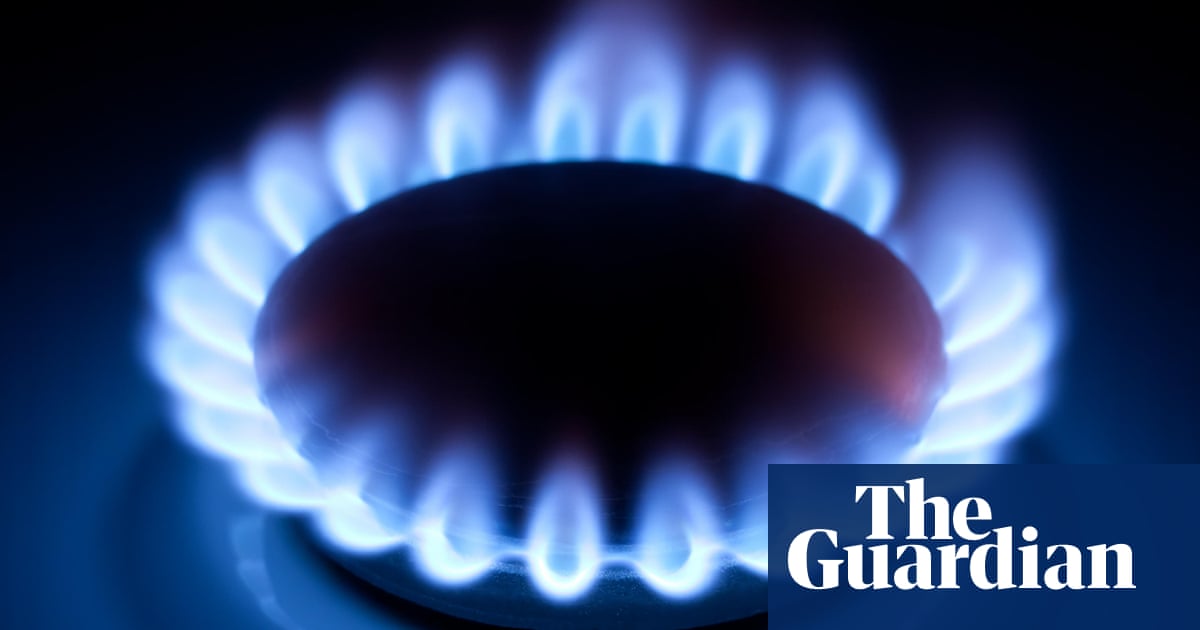Energy bills are forecast fall by 9% from July – equivalent to £166 for the average household annual bill – after warm weather and trade tariff uncertainty triggered a decline in wholesale gas prices.
The price cap on how much suppliers can charge for gas and electricity will fall to the equivalent of £1,683 a year for the typical household, according to the leading forecaster Cornwall Insight, down from the £1,849 a year level set in April.
The energy regulatorOfgemsets a price cap on household energy bills every quarter by using a formula that tracks wholesale energy prices, as well as providers’ network costs. The cap reflects the average annual dual-fuel bill for about 29m households and will take effect from July until the end of September.
Wholesale energy prices have fallen in recent weeks, driven by US trade tariffs and the impact of above average temperatures, which has reduced demand expectations and taken some pressure off prices in the short term, Cornwall Insight found.
Analysts at the consultancy now expect there to be a “very slight fall” in the price cap in October, followed by another decline in January 2026.
However, Dr Craig Lowery, of the consultancy, warned that bills could still rise again. “We have all seen markets go up as fast as they go down, and the very fact the market dropped so quickly shows how vulnerable it to geopolitical and market shifts,” he said.
“There is unfortunately no guarantee that any fall in prices will be sustained, and there is always the risk of the market rebounding,” he added.
Sign up toBusiness Today
Get set for the working day – we'll point you to all the business news and analysis you need every morning
after newsletter promotion
“The only real way to protect households from this constant cycle of instability and insecurity is to reduce our dependence on international wholesale markets. That means continuing to focus on growing low-carbon energy generation here in Great Britain and building a more secure, more sustainable energy future.”
